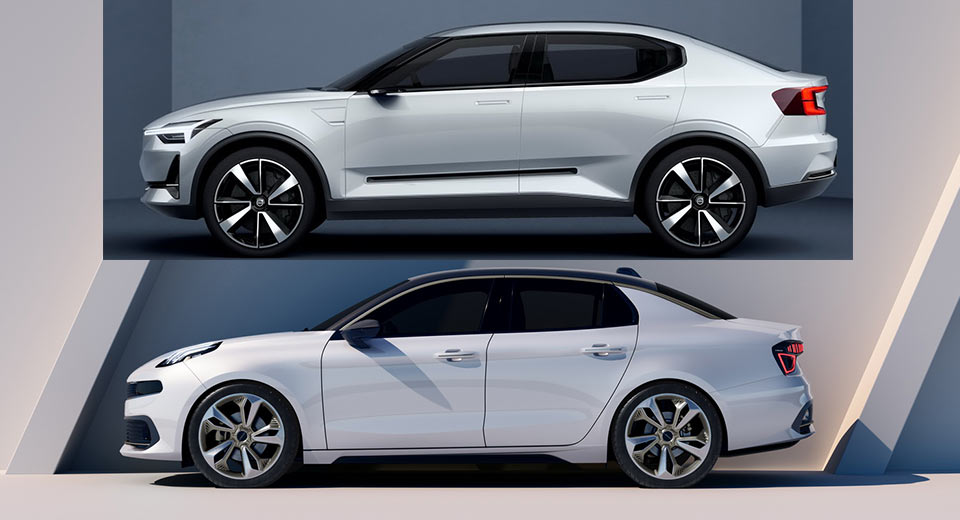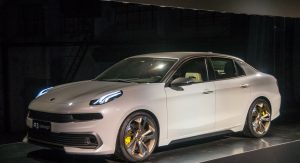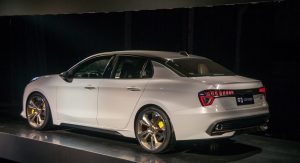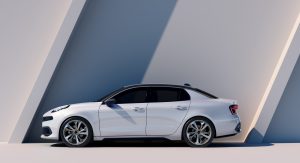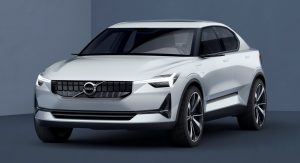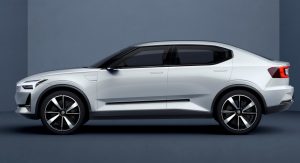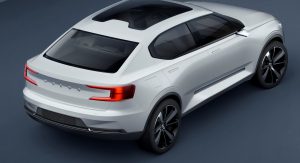Volvo announced the details of its new joint venture with parent company Geely, which aims to share existing and future technology, deepen industrial synergies and improve the economies of scale necessary for the quick development of the next-gen electrified models.
Part of the new joint venture will be Volvo to take a “significant minority” shareholding in Lync&Co, reflecting the fact that the latter will benefit from Volvo’s technology both now and in the future. Therefore Lync&Co will be jointly owned by Geely and Volvo.
Volvo has also signed a memorandum of understanding with Geely and Lync&Co, which finalizes the details of their technical partnership. This includes sharing vehicle architectures and engine technologies via cross licencing arrangements of technologies that will be arranged by the new joint venture.
This joint venture will be 50/50 owned by Volvo and Geely Holding, with its headquarters in China and a subsidiary in Sweden. “Partnerships to share know-how and technologies are common practice in the automotive industry. This is the model we are adopting,” said Håkan Samuelsson, Volvo’s president. “This planned collaboration will strengthen Volvo’s ability to develop next generation electrified cars.”
Volvo and Geely already share technology, with the most important being the Compact Modular Architecture, which will be used by Volvo in the soon-to-be-announced compact 40-series models.
While the intellectual property rights will remain with the company that developed it, the technology will be available to all three car-makers (Volvo, Geely and Lync&Co) via license agreements. This collaboration will of course extend in the future to also cover electrified vehicle parts such as battery packs, electric motors and charging systems.
“We will unlock significant benefits across our portfolio by sharing both technologies and next-generation vehicle architectures,” said Li Shufu, chairman of Geely Holding. “I am confident these synergies can be achieved while preserving the separate identities and strategic autonomy of our different automotive brands.”




